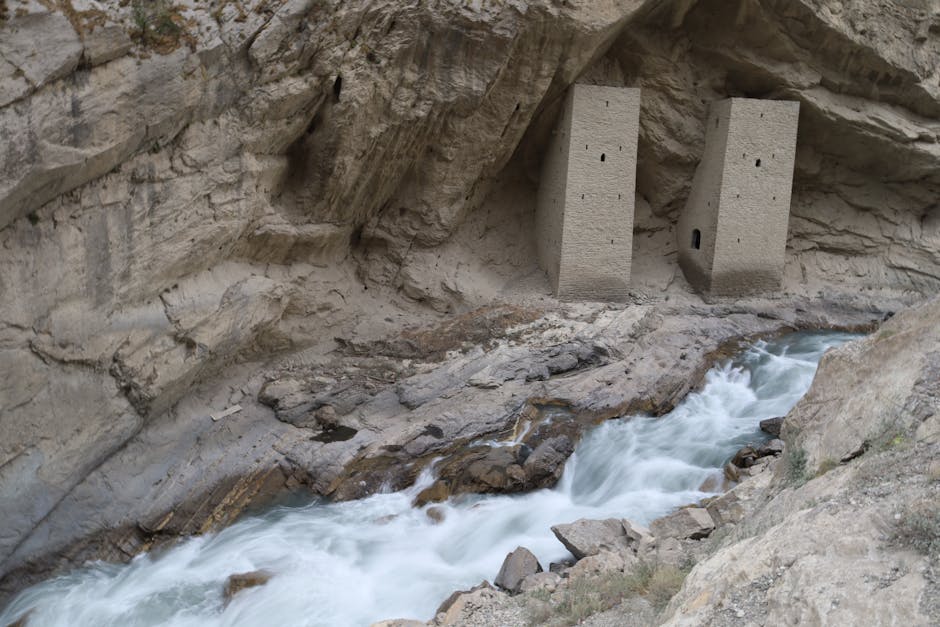The global landscape of travel and tourism is in constant flux, driven by evolving desires, technological advancements, and societal shifts. Adventure tourism, in particular, is undergoing a significant metamorphosis, moving beyond the traditional tropes towards a more nuanced and responsible approach. Where will this dynamic sector navigate in the years to come? Examining emerging trends and underlying forces provides a glimpse into the future of this exhilarating travel segment.
A significant push in adventure tourism involves a heightened emphasis on sustainability. Modern travellers are increasingly conscious of their environmental impact. This translates into a desire for adventure experiences that respect and nurture the natural world. Eco-lodges, nature-based tours, and responsible guiding practices are becoming paramount. Operators are compelled to adopt more sustainable business models, from reducing carbon footprints to implementing conservation programs. This trend is not just a matter of ethical responsibility; it is also a crucial factor for maintaining the very environments that draw adventurers. The long-term viability of many adventure destinations hinges on the ability of the tourism industry to be a steward, not a destroyer.
Furthermore, a growing demand for personalized experiences is shaping the future of adventure tourism. Mass-market tours, while accessible, often lack the intimate touch that many travellers now crave. Private guided expeditions, tailored itineraries, and bespoke adventures cater to the individual preferences of visitors. Small-scale operators, adept at crafting unique journeys, are finding success in this niche market. This trend encompasses not just the type of adventure, but also the level of service and the stories that are shared. Adventure tourism is transforming from a standardised product to a bespoke narrative, where experiences reflect the individual traveller’s aspiration.
Technology is another crucial force driving innovation in this sector. Augmented reality (AR) and virtual reality (VR) applications are emerging as powerful tools for showcasing destinations and enhancing the experience. Imagine immersing oneself in a virtual trek before physically embarking on a mountain climb. These technologies can provide a more engaging and comprehensive understanding of the environment, paving the way for more informed decisions and a deeper connection with the destination. Similarly, real-time tracking systems, digital booking platforms, and mobile applications are streamlining operations, facilitating communication, and enhancing safety.
The emphasis on safety and risk management also plays a prominent role in shaping the future. As adventure tourism becomes more sophisticated and niche, the need for safety protocols and well-defined risk management systems is more pronounced. Training and certifications for adventure guides are becoming even more critical, ensuring competence and a high degree of professionalism. Improved communication channels, enhanced emergency response plans, and a greater emphasis on risk assessment are vital components for ensuring a seamless and secure travel experience.
Social responsibility is also an increasingly prominent aspect of the evolution. Adventure tourism has the potential to empower local communities. Working with local businesses, employing local guides, and creating opportunities for economic growth in the destinations are crucial for genuine social impact. Responsible tourism isn’t just about minimising environmental damage; it encompasses promoting social equity and supporting local cultures. Recognizing the value of cultural immersion in tandem with adventurous experiences is a key aspect of this trend.
A further trend is the broadening scope of what constitutes “adventure.” The concept is extending beyond traditional categories like mountaineering and white-water rafting. Urban adventures, cultural explorations, historical dives, and even experiential escapes linked to science, art, and design are becoming increasingly popular. The future of adventure tourism will be a tapestry of diverse activities, reflecting a deeper understanding and appreciation of different aspects of travel and the experiences they offer.
Despite these positive shifts, challenges remain. Overtourism and the preservation of fragile ecosystems continue to be a concern. The sector must continue to address concerns about resource depletion, environmental damage, and the appropriate level of tourism for different locations. Careful planning and robust regulatory frameworks are vital to ensure that adventure tourism continues to thrive while protecting the very ecosystems it seeks to explore.
In conclusion, the future of adventure tourism is not just about offering thrills and excitement; it’s about forging a deeper, more responsible relationship with the world around us. The sector’s evolution is a tapestry woven from sustainability, personalization, technology, safety, social responsibility, and a continually broadening definition of adventure. By embracing these evolving factors, adventure tourism can continue to thrive, delivering unforgettable experiences while safeguarding the delicate balance of our planet and the communities that inhabit it. This is not just a journey for travellers; it is a voyage for the future of travel itself.
